Are Lucky Charms Halal? Fully Explained
Advertisements
Are lucky charms halal? Are you a fan of Lucky Charms cereal but unsure if it is halal? Look no further! In this blog post, we will explore the ingredients of Lucky Charms to determine if it is suitable for those following a halal diet.
So whether you’re a cereal lover or just curious about halal options, read on to learn more about Lucky Charms and its halal status.
Are Lucky Charms Halal?
No, Lucky Charms are generally not considered halal. They contain pork gelatin, which comes from boiled pig skin, bones, joints, and the like. Consuming meals, beverages, or medications that include gelatin made from pig skin or other impure materials is forbidden in Islam.
If the gelatin is derived from something haram, such as pork or the skin, bones etc. of pigs, then it is haram. Allah, may He be exalted, says:
Surah al-Maidah verse 3
- “Forbidden to you (for food) are: Al-Maytatah (the dead animals – cattle-beast not slaughtered), blood, the flesh of swine”
The scholars unanimously agreed that pig fat is included in this prohibition. If no haram substances or ingredients are involved in the production of gelatin, then there is nothing wrong with it.
Advertisements
Lucky Charms owner, General Mills, confirms that lucky charms is not halal:
Hello,
Thank you for taking the time to contact General Mills.
We’re glad you asked. The gelatin in our marshmallow marbits pieces is made from pork collagen.
Collagen as an additive is tasteless and clear, and is used in many types of food.
Big G cereals that contain marbits include Lucky Charms, Chocolate Lucky Charms, Count Chocula, Boo Berry and Frankenberry.
Whenever feasible, General Mills complies with manufacturing requirements for kosher certification.
Rabbi Barnett Hasden has certified our yogurt products as K-Dairy. If you would like further information regarding the kosher status of the yogurt, please contact….
Thank you again for contacting us. We appreciate your interest.
General Mills Consumer Relations Representative
The other products that contain pork derived Gelatin are:
- Lucky Charms
- Chocolate Lucky Charms
- Count Chocula
- Boo Berry
- Frankberry

Lucky Charms Ingredients
According to the company’s website, Lucky Charms are made using:
Whole Grain Oats, Sugar, Oat Flour, Corn Syrup, Modified Corn Starch, Corn Starch, Dextrose, Salt, Gelatin, Trisodium Phosphate, Yellows 5 & 6, Red 40, Blue 1 and Other Color Added, Natural and Artificial Flavor. Vitamin E (mixed tocopherols) Added to Preserve Freshness. Vitamins and Minerals
As you can see, pork gelatin is one of the ingredients in the lucky charms cereal. This completely eliminates it from being halal-friendly.
Advertisements
Now, let’s take a few minutes to break those down!
Whole Grain Oats
The main “cereal” (not the marshmallows) is made from whole grain oats. This is the same ingredient used to make Cheerios, another General Mills classic.
Whole grain oats are not only hal but they’re also quite healthy!
Sugar
The whole grain oat cereal is lightly sweetened with sugar; specifically, refined white sugar. Sugar is generally considered to be a halal.
Corn Starch
Next up, we have corn starch. This is a very common additive that can be found in cereal, candy, cookies, and a number of processed carbohydrate products.
Corn starch is halal and plant-based. It’s mostly used as a thickener that adds volume and crunch to cereal, chips, etc.
Dextrose
Dextrose is somewhat similar to corn starch in the fact that it’s plant-based starch that’s extracted from corn (and sometimes potatoes). It’s not healthy to consume, but it is halal-friendly.
Salt
Salt is always halal and is either lab-synthesized or comes from oceanic salt deposits.
It’s added to most cereal, bread, and chips to balance out the flavors of grain and oats, giving it a warmer flavor.
Gelatin
Gelatin is the main ingredient used to make marshmallows in Lucky Charms. It helps the puffed marshmallows keep their shape while still remaining soft and malleable.
Unfortunately, as described above, gelatin is non-halal since it’s directly extracted from pig bones.
Trisodium Phosphate
Trisodium phosphate is a mineral compound that serves as a preservative. It’s not derived from animals, though, so it’s generally considered halal-safe.
Artificial Food Coloring
Although the Lucky Charms oat cereal isn’t colored, the marshmallows are all artificially colored with food dye.
This cereal uses red 40, blue 1, and yellow 5 and 6 to create the bright, fun-looking marshmallows in the cereal.
These food colorings are lab-created and artificial, which makes them Halal-friendly.
Natural & Artificial Flavors
In addition to sugar, Lucky Charms cereal and marshmallows also contain natural and artificial flavors.
Artificial flavors are always halal since they’re lab-synthesized.
Vitamin E
Vitamin E is a healthy vitamin that’s known for benefiting your skin and hair. In Lucky Charms, though, it’s used as a natural preservative that helps preserve the color of the cereal and the marshmallows.
Vitamin E is always halal, though, so you don’t have to worry about it!
Added Vitamins & Minerals
Like most breakfast cereals, Lucky Charms include added vitamins and minerals.
These vitamins and minerals are healthy and most of them come from plant-based sources.

Are The Marshmallows In Lucky Charms Halal?
Unfortunately, marshmallows in Lucky Charms are NOT halal-friendly. The marshmallows contain gelatin, a pork-derived fatty compound.
That being said, there are still plenty of great-tasting halal cereals on the market to choose from.
OTHER ‘IT IS HALAL’ FOODS:
- Is American Cheese Halal?
- Is Red 40 Halal?
- Is Jello Halal?
- Are Nerds Halal? (Nerds Rainbow And Gummy Cluster)
Advertisements

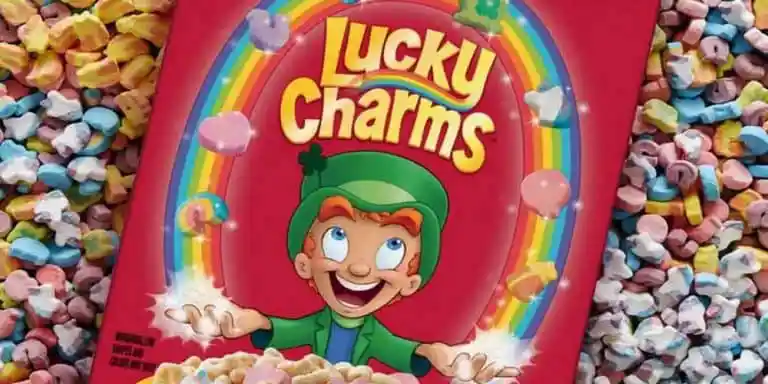
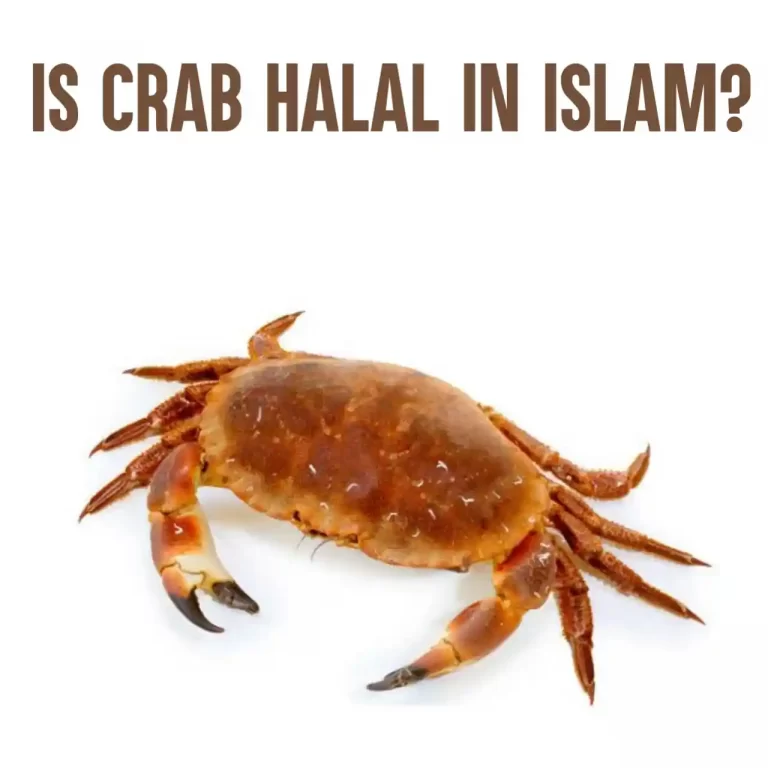
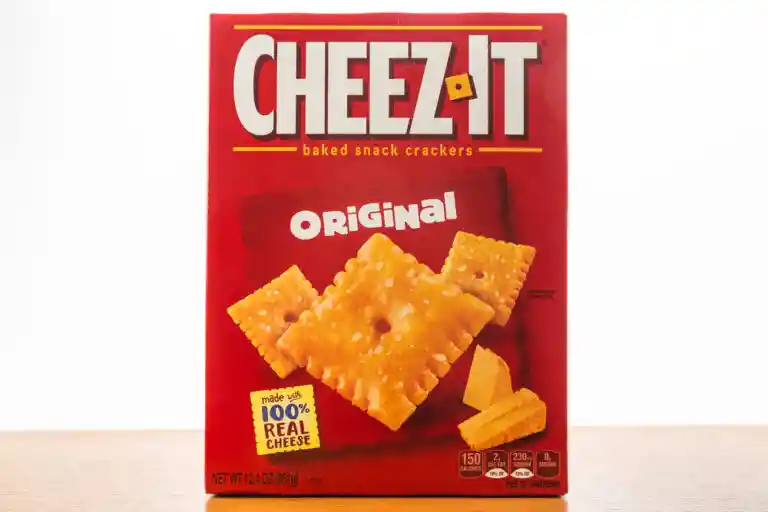
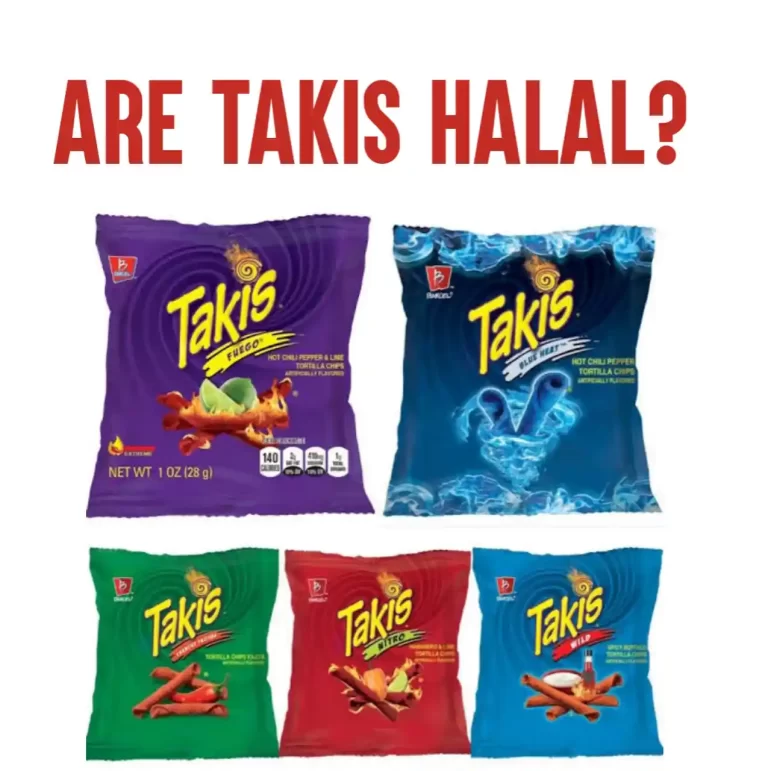

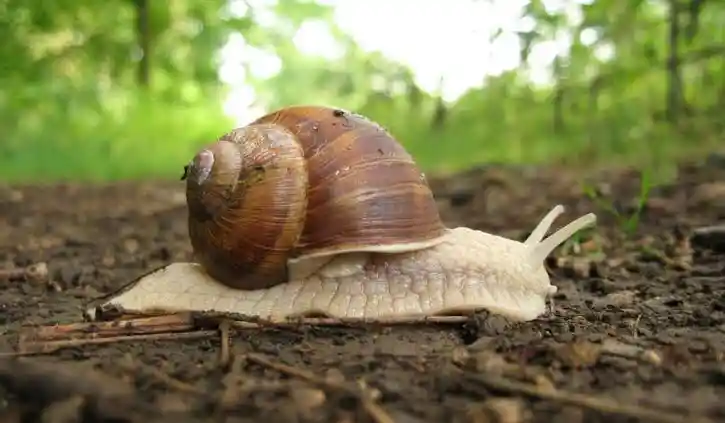
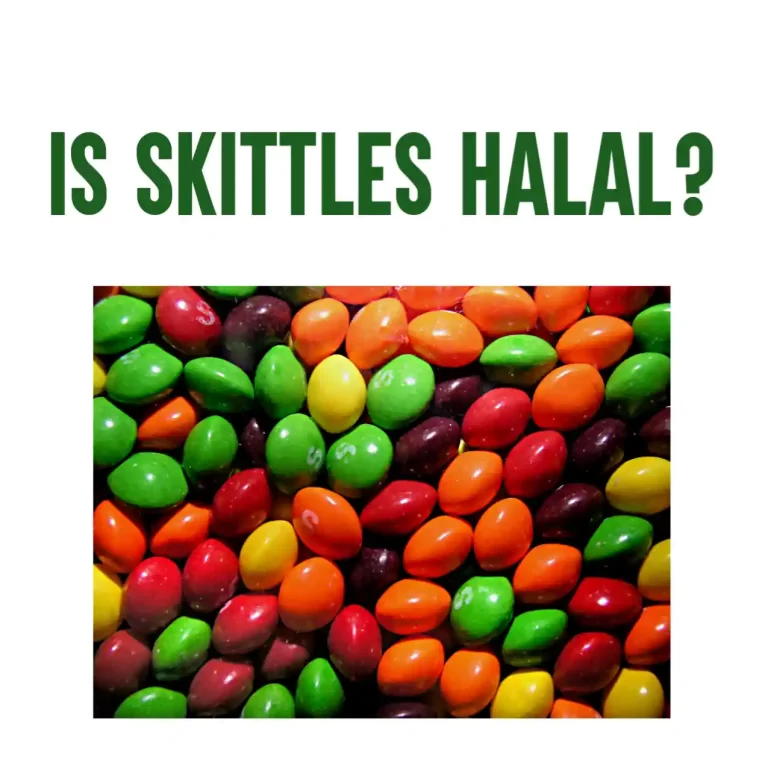
2 Comments